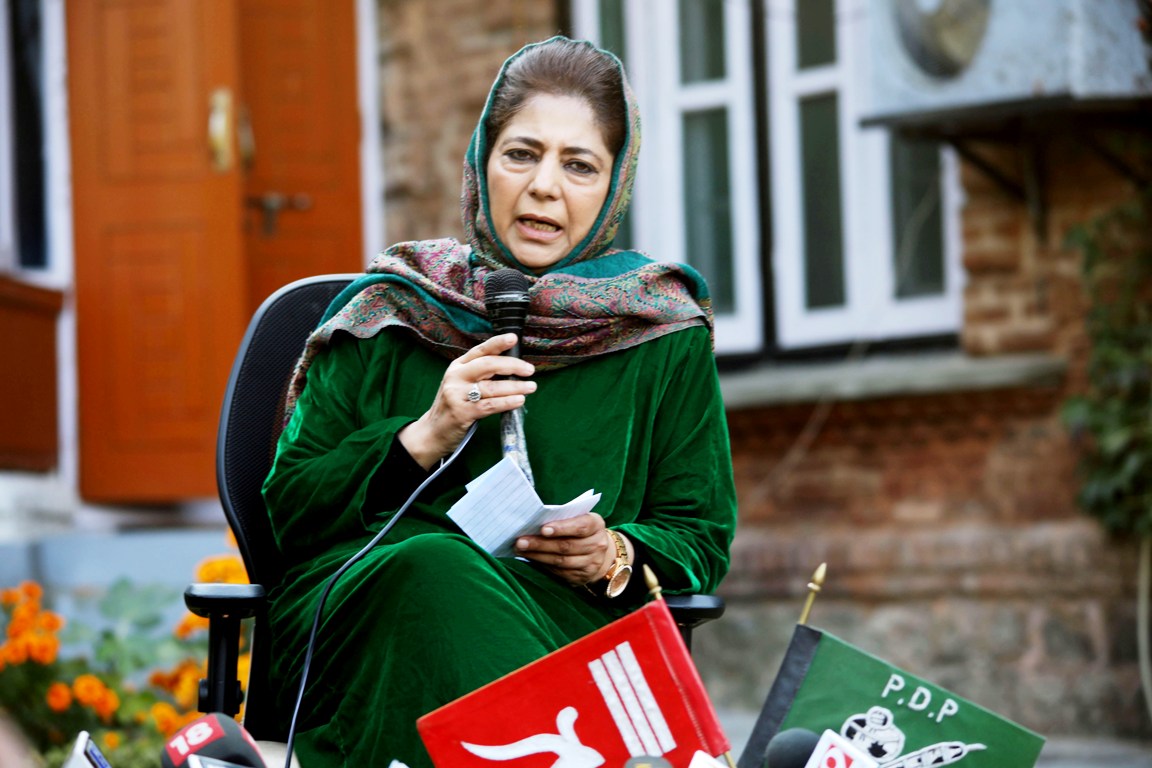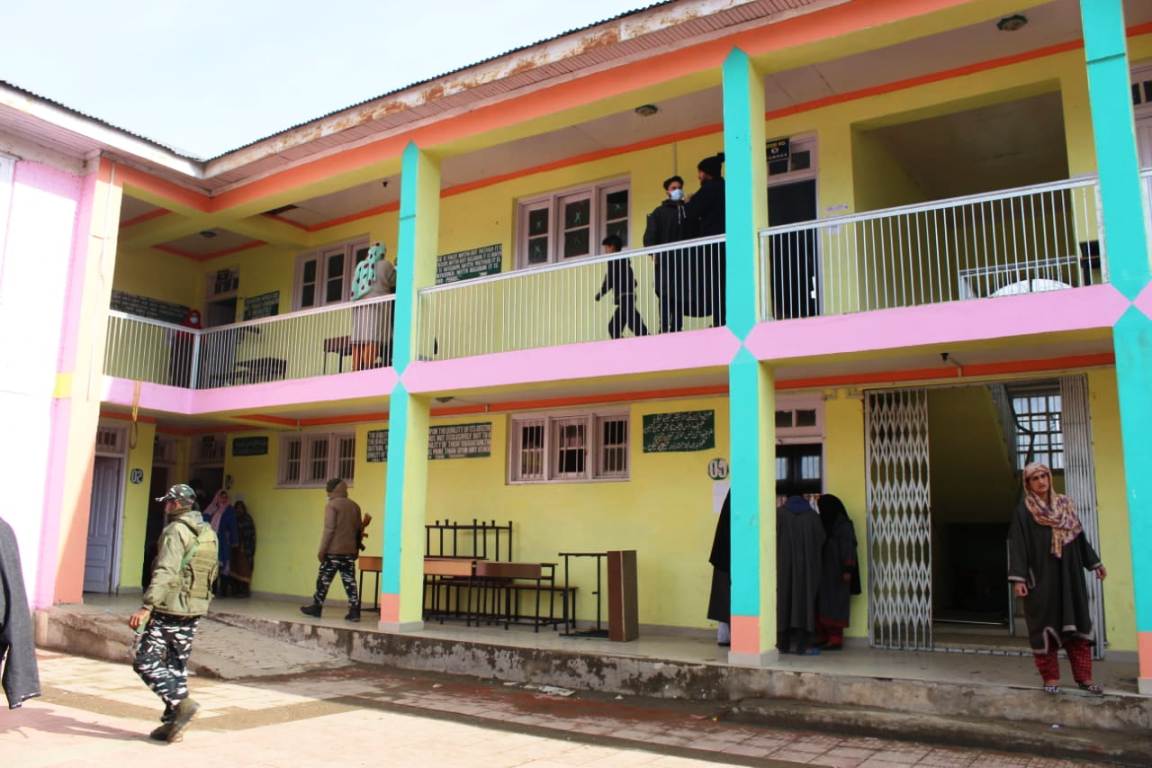KL Report
Srinagar
Amnesty International (AI) on Wednesday urged Indian authorities to initiate independent, impartial prompt and efficient investigations into allegations of human rights violations in Jammu & Kashmir.
In a statement AI said, “Two Srinagar-based human rights organizations released a comprehensive report detailing these allegations on December 7. The Indian central government and J&K state must bring to justice, in fair proceedings, anyone, irrespective of rank, pointed by such independent investigations as suspected of offences related to these violations. The authorities must also provide reparations to victims of human rights violations in the region and their families.”
The statement further reads, that laws such as the Armed Forces Special Powers Act, 1990 and Disturbed Areas Act, 1990 and J&K policing practices shielded by such laws have long fostered a culture of impunity in the region for security forces. It is imperative that the authorities hold those responsible for human rights violations accountable, to ensure justice and combat this culture of impunity.
However, AI has cleared in its statement that they are not in a position to comment on specific allegations within reports by other organizations but, “we do share the general human rights concerns documented and discussed in the report , Alleged Perpetrators – Stories of Impunity in Jammu and Kashmir ,prepared by the International Peoples’ Tribunal on Human Rights and Justice in Kashmir (IPTK), and the Association of Parents of Disappeared Persons (APDP),” said Raheela Narchoor, Amnesty International India’s Jammu & Kashmir Researcher.
Amnesty International also urges the J&K and central governments, to address what appears to be overwhelming evidence compiled in the report that judicial inefficiencies and draconian laws have facilitated an atmosphere in which individual officials cannot be held accountable for offences involving human rights violations.
“Impunity in Jammu and Kashmir, which has witnessed a two decade-long armed insurgency, has been well documented. Members of both the state forces and non-state armed groups fighting the state are yet to be held accountable for hundreds of alleged human rights violations,” Narchoor said.
Impunity in J&K is also pervasive. There is a lack of political will among political and security force leaders to hold civilian and in particular military officials accountable even in well-documented cases. Amnesty International, is concerned that even the exhaustive compilation of evidence by IPTK will fail to lead to prosecution as the Central Government has been reluctant in the majority of cases to grant sanctions to prosecute. Of the cases already identified by official investigating agencies such as the Central Bureau of Investigation, sanction has only been granted to a scant few, and others have been pending for years, reads the statement.
“In one of the latest instances in August 2012, the state authorities sent a communication to the state human rights commission in which they expressed reluctance to act on the commission’s recommendation to identify those buried in the 2,100-odd unmarked graves found in north Kashmir after they had allegedly been killed in combat with Indian security forces. The commission managed to identify 574 bodies as those of local villagers disproving earlier official claims that all the bodies were those of foreign militants trying to cross over to India,” she said.
The UN Special Rapporteur on Extra Judicial, Summary or Arbitrary Executions has noted that the state government of J&K was as reluctant as the central government to address allegations of serious human rights violations despite the presentation of comprehensive and credible evidence.
Amnesty International has expressed its disappointment by repeatedly pointed out that the AFSPA violates Indian constitutional law and international human rights law, not least the right to life (Constitution, Article 21; ICCPR Article 6) and the right to remedy (ICCPR, Article 2(3)), and called for its repeal. However, India’s authorities have been reluctant to repeal the AFSPA, despite longstanding demands from both domestic and international human rights organizations as well as concerns expressed and calls made by UN human rights monitoring bodies, including Special Rapporteurs who have visited India during the last two years, reads the statement.














